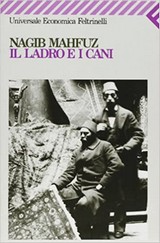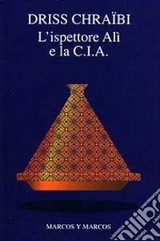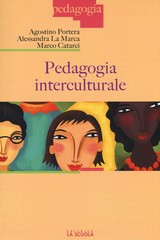Per richiedere un prestito è necessario registrarsi
Philip Mansel

Philip Mansel is a historian of courts and cities, and of France and the Ottoman Empire. He was born in London in 1951 and educated at Eton College, where he was a King’s Scholar, and at Balliol College, Oxford, where he read Modern History and Modern Languages. Following four years’ research into the French court in 1814-1830, he was awarded his doctorate at University College, London in 1978.
His first book, Louis XVIII, was published in 1981 and this - together with subsequent works such as The Court of France 1789-1830 (1989), Paris Between Empires 1814-1852 (2001) - established him as a specialist on the later French monarchy. Seven of his books have been translated into French.
Philip Mansel has published fourteen books of history and biography. Sultans in Splendour, a history of the monarchs through photographs, was published in 1988; Constantinople: City of the World’s Desire 1453-1924, a history of the Ottoman capital from 1453 to 1924, in 1995; and Levant: Splendour and Catastrophe on the Mediterranean, a history of Smyrna, Alexandria and Beirut, in 2010. His book on Napoleon and his court, The Eagle in Splendour, was republished by I. B. Tauris in June 2015. His short history of Aleppo: Rise and Fall of a Syria’s Great Merchant City appeared in April 2016. His most recent book King of World: The Life of Louis XIV, published by Penguin in July 2019, won the Franco-British book prize and has been translated into French, Dutch, Italian and German. He has lived in Paris, Istanbul, Beirut and now London.
Over the past 40 years he has contributed reviews and articles to a wide range of newspapers and journals, including History Today, The English Historical Review, The International Herald Tribune, The Daily Telegraph, The Independent and Apollo. Currently he writes for The Spectator, Cornucopia, The Art Newspaper and The Times Literary Supplement.
In 1995 Philip Mansel was a co-founder with Pauline Croft, David Starkey, Robert Oresko and Simon Thurley of the Society for Court Studies, designed to promote research in the field of court and dynastic history, and he was the editor of the Society’s journal from 1996-2016, The Court Historian. The Society has a branch in Copenhagen and is linked to similar societies in Versailles, Madrid, Ferrara and Turin.
He has lectured in many countries - including the United States, France, Germany, Italy and Turkey - and has made a number of appearances on radio and television, including in the two-part Channel 4 documentary “Harem” and in two BBC2 documentaries on Versailles in 2012. He is a Fellow of the Royal Historical Society, the Royal Society of Literature, the Institute of Historical Research (University of London) and the Royal Asiatic Society, and is the president of the Conseil Scientifique of the Centre de Recherche du Chateau de Versailles. In 2010 Philip Mansel was appointed Chevalier de l’Ordre des Arts et Lettres in France, in 2012 received the annual London Library Life in Literature Award, and in 2016 was given the Order of the Crown in Belgium. His books have been translated into French, German, Dutch, Italian, Spanish, Russian, Greek, Albanian, Turkish, Arabic and Chinese.
He has contributed to exhibition catalogues about Franz Xaver Winterhalter; Fausto Zonaro; Ambassadors in Constantinople; Thomas Hope; the Treasures of the Holy Sepulchre; and most recently The Romance of Ruins: the Search for Ancient Ionia, 1764 (Soane Museum 2021).
Philip Mansel lives in London, travelling to Paris and elsewhere for research, conferences and lectures. He is also a trustee of the Levantine Heritage Foundation, a charitable trust dedicated to the study of the history and cultures of the eastern Mediterranean.





